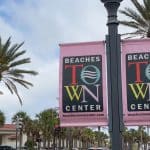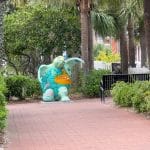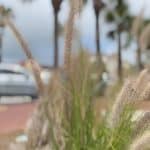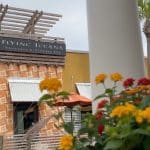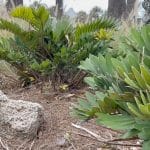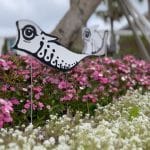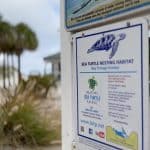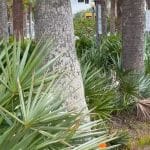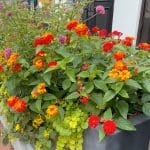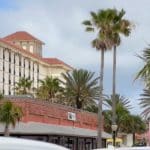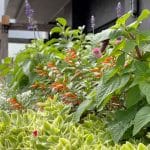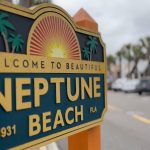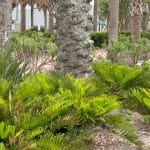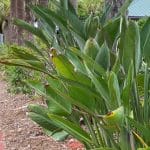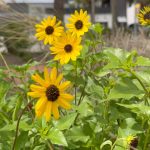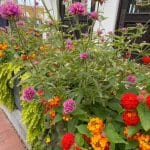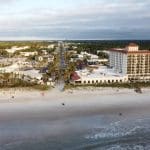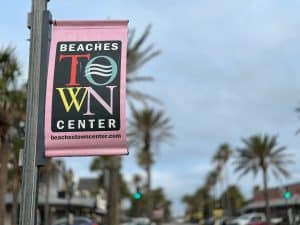
Florida Plants – 5 Coastal Planting Considerations
Florida plants include a wide variety of planting and landscaping options and your success can be affected by factors such as soil, sunlight, temperature, and more. In this article we provide the top 5 coastal planting considerations to help guide you when developing your next landscape plan along our beaches communities in Northeast Florida. In this brief video we provide an overview from the site of the Beaches Town Center, a property Rockaway proudly maintains at the junction of Neptune and Atlantic Beach, Florida.
These 5 coastal planting considerations are not provided in any particular order, and additional factors should be considered beyond this list. Rockaway provides full-service design and installation for both residential and commercial landscaping and outdoor living clients. Schedule a consultation with our team for your residential or commercial property by sending a message online or by calling to speak with one of our Outdoor Living Experts at (904) 853-6572.
1. Cold Hardiness
Make sure the plants on your design plan can survive the minimum temperatures associated with the USDA Hardiness zone that you plan to landscape. Jacksonville is a large city encompassing 840 square miles with areas that encompass both USDA Hardiness Zones 8b and 9a. Our coastal region is 9b and warmer than inland areas. There are microclimates throughout the region that should also be considered when making your plant selection. Plus, planting on the north-facing sides of structures will be exposed to lower temperatures during the Winter months than those on protection from wind and cold on the Southside of structures.
2. Salt Tolerance
Be sure that your choice of plants for coastal landscaping can withstand the effects of salt air blowing off the ocean that then accumulates in the soil and is taken in via the roots system, which then accumulates in plant tissue and dries the plant out from the inside out causing wilt and yellowing of leaves.
3. Soil Conditions
Coastal communities are generally understood to have sandy soil. However, some coastal regions near rivers and estuaries tend to be more of a loamy mix of sand, silt, and clay. Soil chemistry and soil biology are essential considerations when planning a garden. Know what soil amendments are best for your plants and when to apply being considerate of the impact on the coastal environment as well. Soil testing is available for free in Northeast Florida at the University of Florida County Extension office.
4. Light Conditions
Will you be planting in full sun, partial sun, or indirect light? Too much or too little light can cause stress in plants reducing your success rate and the sustainability of your landscape.
5. Plant Preferences
We work with a variety of residential and commercial clients providing for their taste in types of plants and landscape design. Here at the Beaches Town Center along our Atlantic coastline, we have crinum lilies, oleander, coontie palms, birds of paradise, bougainvillea, muhly and fakahatchee grass, and many other varieties of plants that do well here. If you are having difficulty figuring out what will work in your coastal landscape and need professional advice, contact us at Rockaway and we will work with you to develop your plan and installation.
From our office in Atlantic Beach and satellites throughout Northeast Florida, Rockaway Inc proudly serves both commercial and residential landscape design, maintenance, lawn care, irrigation, and outdoor living carpentry client needs in Jacksonville, St Augustine, Atlantic Beach, Neptune Beach, Jacksonville Beach, Ponte Vedra, Nocatee, St. Johns, and Fernandina Beach.s.

